Discover The Pulse
The Pulse

The Pulse
Author: WHYY
Subscribed: 2,458Played: 50,812Subscribe
Share
© Copyright 2025 WHYY - For Personal Use Only
Description
Go on an adventure into unexpected corners of the health and science world each week with award-winning host Maiken Scott. The Pulse takes you behind the doors of operating rooms, into the lab with some of the world's foremost scientists, and back in time to explore life-changing innovations. The Pulse delivers stories in ways that matter to you, and answers questions you never knew you had.
163 Episodes
Reverse
On this Veterans Day episode, we explore the invisible wounds of war — and the different paths veterans take to heal them. We talk with a Marine Corps vet about how ceramics helped him reconnect with civilian life, a retired Navy SEAL about his experience with psychedelic-assisted therapy, and a Vietnam vet who, decades after the war, found peace in an unexpected place.
Cybercrime has been around for as long as computers have — but over the past 20 years, it's exploded into a global threat, with staggering financial, political, and even personal consequences. On this encore episode, we hear about the virus that ushered in the age of social engineering attacks, the history of cybercrime, and what led one man to become a hacker.
Coca-Cola is launching a cane sugar version of its classic soda in the U.S. after President Donald Trump urged a switch from high fructose corn syrup. The effort supports the administration's “Make America Healthy Again” initiative — but many experts argue that it won’t make a difference. On this episode, journalist Murray Carpenter discusses his new book, Sweet and Deadly: How Coca-Cola Spreads Disinformation and Makes Us Sick.
Ghosts seem far out of the realm of science. But small groups of investigators remain committed to proving — or disproving — the existence of paranormal phenomena. On this episode, we find out what motivates these investigators, and we’ll hear about a lab on the UCLA campus that studied paranormal activities.
If it feels like urgent care centers are everywhere these days — that’s because they are. Over the past decade, they’ve exploded in popularity, offering a quick and convenient alternative to long waits at the ER, and even longer waits to see your primary care provider. On this episode, we explore the rise of urgent care, from the role of private equity to its impact on patient care.
What if treatments or even cures for devastating rare diseases already existed — and were just waiting to be discovered? On this podcast extra, we dive into the extraordinary journey of physician and researcher David Fajgenbaum, cofounder of Every Cure. After facing death five times due to a rare illness called Castleman Disease, Fajgenbaum not only discovered his own treatment, but also launched an ambitious project using AI to unlock existing drugs for countless other conditions. He has a new TED Talk and was recently featured in Time Magazine’s list of “The World’s Most Influential Rising Stars.” Fajgenbaum’s life is also the subject of an upcoming movie based on his memoir “Chasing My Cure.” Listen to his incredible story of resilience, the profound lessons he’s learned from living in "overtime," and how his work is already saving lives by repurposing treatments hiding in plain sight.
We often think of digital distractions, from TikTok to newsfeeds, as a way of giving our brains a break. But in reality, they could be doing the opposite. We talk with psychologist Marc Berman about a better way of restoring our focus — spending time in nature. We also try a dopamine fast, to see if it can really improve our attention spans.
Many adventurers and researchers feel the call of the wild — a force tugging them to explore, climb distant mountains, venture into faraway forests, and discover or rediscover something: a creature, a place, some new clue. On this episode: Adventures in the Wild, featuring the mythical golden toad, raging elephants, and poisonous snakes.
In its heyday, “The Biggest Loser” was one of the biggest shows on TV. But now, nine years after it went off the air, a Netflix docuseries and new book by leading obesity researcher Kevin Hall, are prompting a re-examination of the show’s tactics, and some of the surprising discoveries it led to surrounding metabolism and weight loss.
Different Patients, Different Outcomes
Most of us take our muscles for granted, but they play a bigger role in our physical and mental health than most people realize. On this encore episode, we explore their cultural and scientific significance. We hear about the history of weight-lifting, along with how it went from niche hobby to medical treatment, and learn about the intricate biology and beauty of our muscles.
When we see surprising couples, like Liam Neeson and Pamela Anderson, we can’t help but wonder what brought them together. In this podcast extra, we explore the mysteries of attraction and love. We talk with researcher Paul Eastwick about the idiosyncratic factors that go into attraction, and behavioral scientist Logan Ury coaches us on the science of optimizing online dating.
We think of Martians as belonging to the realm of sci-fi — but in the early 1900s, a radical idea swept the nation, scientists included: that Martians weren’t only real, they were intelligent beings with their own sophisticated civilization. On this episode, we hear about the astronomer who pushed “Mars Mania,” and a cautionary tale of what happens when belief trumps science.
It seems like we’re all constantly striving to be more productive — to find the right hacks or systems or habits that will allow us to squeeze more from our days. But is maximum productivity really desirable, or are we missing the bigger picture while running on that treadmill? On this episode, we look at productivity — what works, what doesn’t, and how we can redefine it in a changing world.
It’s back-to-school time, which, for millions of families across the country, means a return to bedtimes, shopping for school supplies, and frantic efforts by kids to finish their summer reading. On this episode, we explore how our fast-changing world is transforming learning and life inside the classroom, from the lingering effects of the pandemic, to the impact of generative AI tools, to the pressures of “Ivy League fever.”Interviews with host Maiken Scott:When COVID-19 hit the U.S. in March 2020, schools across the country closed down — and stayed closed — as part of an effort to stem the pandemic’s spread. At the time, it seemed like the right move for public health — but according to investigative reporter David Zweig, the basis for those closures was a lot shakier than the public knew, the benefits less clear, and the impact on kids more profound than we imagined. He joins us to discuss his new book, “An Abundance of Caution: American Schools, the Virus and a Story of Bad Decisions.”We talk with education reporter Holly Korbey about how the adoption of new technologies — from Smartboards, to laptops, to ChatGPT — are transforming the classroom, and what science has to say about whether those changes are good or bad for learning. Korbey writes The Bell Ringer, a newsletter on the science of learning.
In the summer of 1976, when 2,000 people came to Philadelphia for a national convention of the American Legion, a strange illness gripped hundreds of attendees, and more than 30 people died. Symptoms included cough, shortness of breath, and fever. Was it a virus, bacteria, some sort of toxin? A major investigation was launched by the CDC — and the gathering in Philadelphia became forever tied to one of the greatest medical mysteries of our time. Almost 50 years later, reports of Legionnaires' Disease are in the news again. Reporter Elana Gordon tells the story of how scientists — with some serious shoe-leather detective work and a scientific breakthrough — tracked down the origin of this mysterious airborne illness. On this episode, we listen back to her reporting from 2016: Audio Time Capsule: The discovery of Legionnaires’ disease.
Farming is a tough gig — physically, and mentally. And it’s only gotten harder in recent years, with the impact of climate change and a shifting political and economic landscape. On this episode, we explore the connection between farming and health, and how these new challenges are affecting the well-being of the people who produce our food.
We live in a noisy world — from the din of busy restaurants, to the roar of traffic, to the clamor of partying neighbors. We’ll explore what researchers are learning about the connections between noise, hearing loss and our well-being.
On this episode, we explore the stories of people who survived extraordinary trials, from life-threatening illnesses to assault, and ask what came after survival. We’ll hear what it’s like to survive — and come back from — locked-in syndrome, explore the emotional roller coaster of being a young cancer survivor, and find out how one writer created guide to intimacy after sexual assault.
More than a hundred thousand people in the U.S. are on the national transplant list waiting for a life-saving organ. Hospitals across the country transplant more than 45,000 organs each year and there are rules and protocols about how it is supposed to go. But what happens when the process fails?The New York Times investigative reporter Brian Rosenthal joins us to discuss some recent cases where doctors discovered that patients were still alive and conscious when the donation process was underway. He talks with host Maiken Scott about a relatively new method of procuring organs, called circulatory death donation, and new pressures on procurement organizations that could be jeopardizing safety.Rosenthal and his colleague Julie Tate recently published an investigation in The New York Times called, “A Push for More Organ Transplants Is Putting Donors at Risk.”




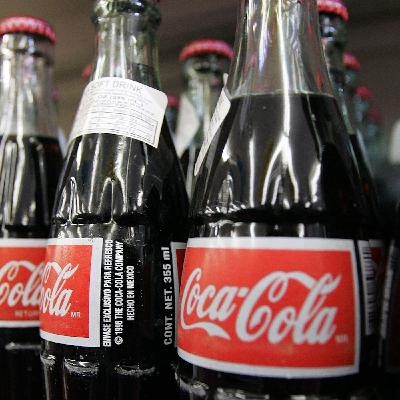

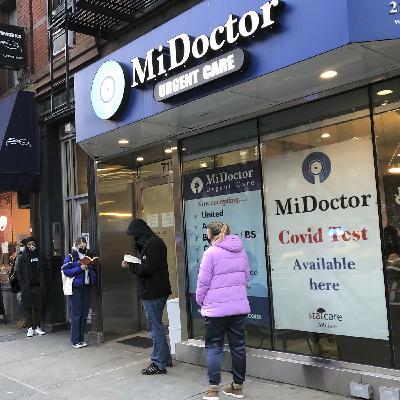
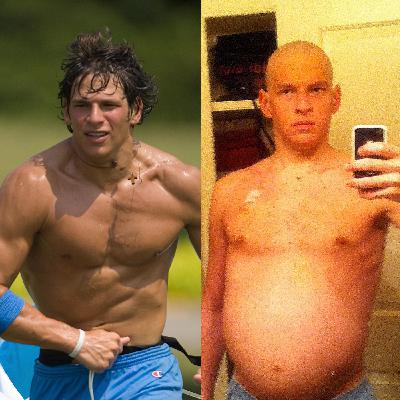

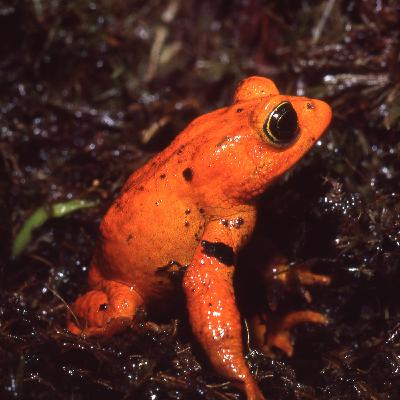
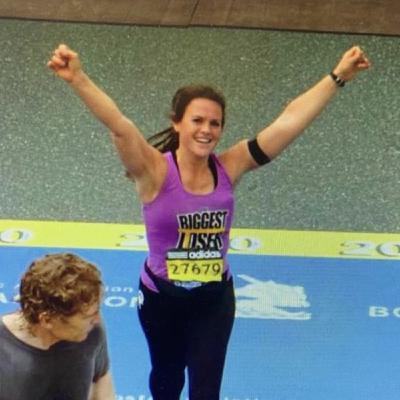
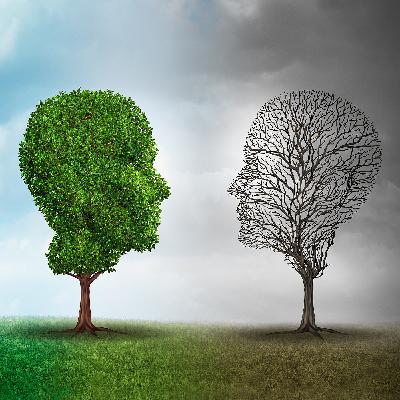
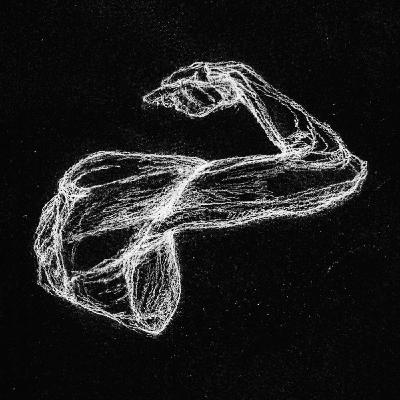
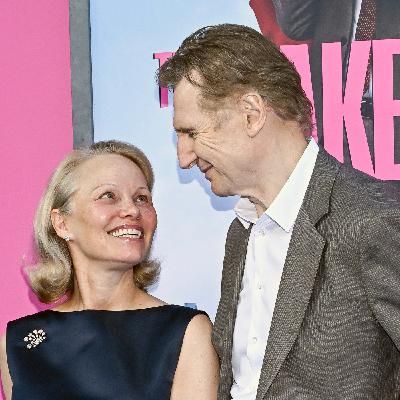
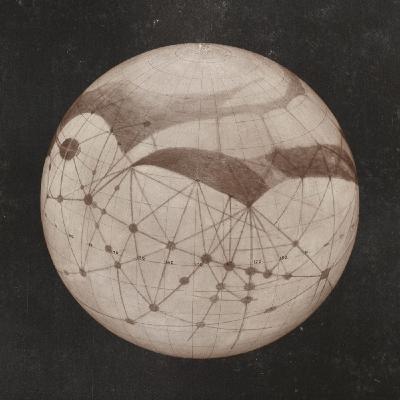

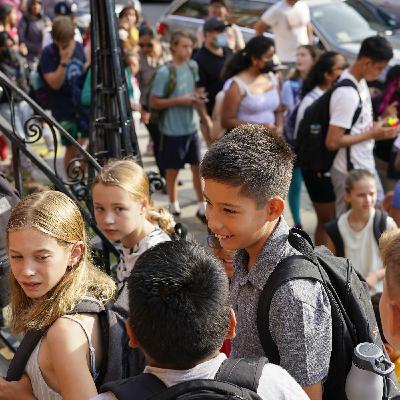
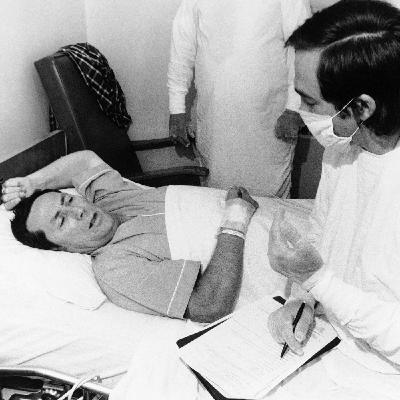

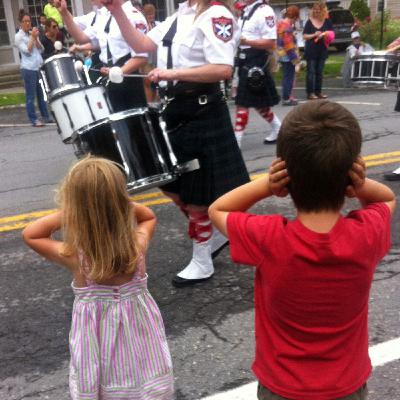
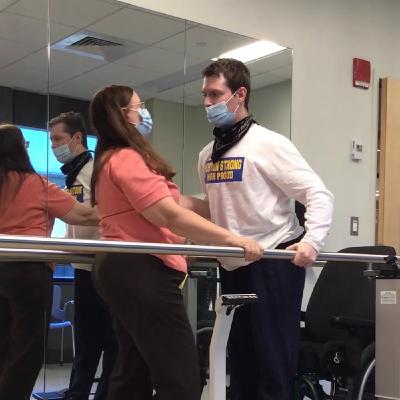
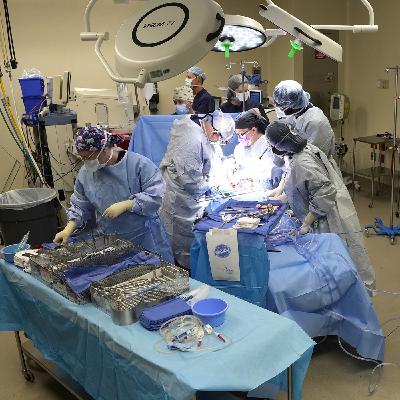



I found this podcast really fascinating, especially the way it compares algorithmic profiling to the observation of a nosy neighbor. It’s crazy how much personal information can be inferred from small, seemingly insignificant data points. I’ve also been looking into how companies gather this kind of data, and it reminded me of a service I recently discovered. It’s a simple way to register your TNT SIM in just three steps: enter your number to get an OTP, upload some required documents, and submit the form. You can check it out at https://tntsimregistration.ph It's kind of a reminder that the data we give out can be used to make things easier, but also more personalized.
filled with awe when a loved one dies? what a compete fucking moron. I have never left a review like this, but this dude is the most horrific selfish pos I am APPLALLED he was given a platform to speak. unsubscribing from this trash
I am actually motivated to remove ultra processed snacks after this episode. it is my new year's resolution. I will still be eating some ultra processed meals, but it is a good first step.
why didn't someone check it out by examining those claiming EHS in a lab that could produce high MF Radiation as well as Zero MF and test whether claimants can tell the condition correctly or not. statistics of such research could have revealed the truth.